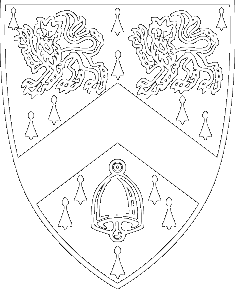Wolfson S&C Stories
Designing and Building a Better World
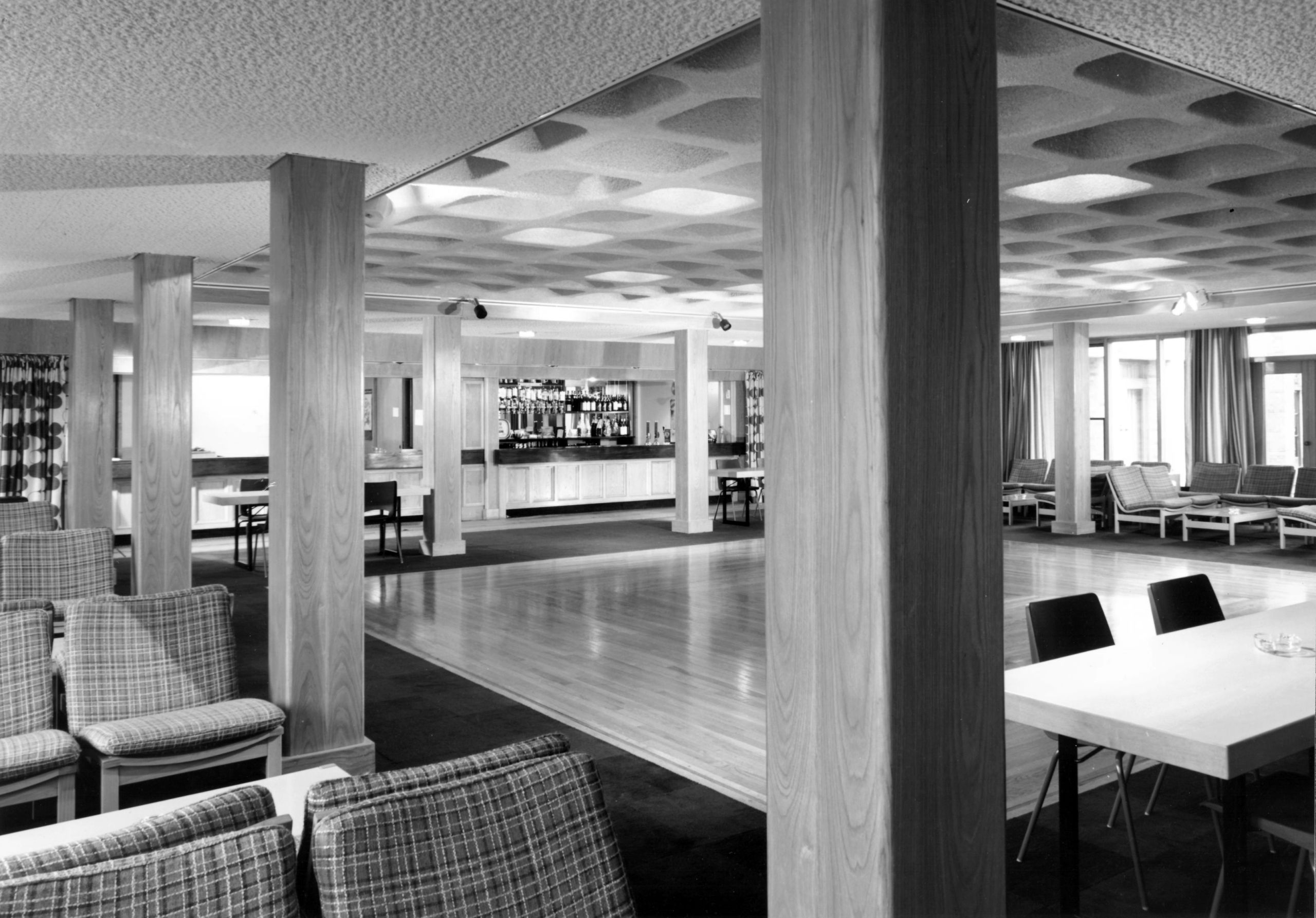
On this page are a collection of Wolfson S&C Stories on the theme...
Designing and Building a Better World
This themes spotlight currently being produced. Watch this space!
Keep scrolling for more stories on this theme :)

Development of engineering for sustainable development - Prof. Dick Fenner (Fellow)
Professor Dick Fenner joined the University of Cambridge Engineering Department in 2002, setting up, developing and leading the MPhil in Engineering for Sustainable Development programme, and acting as its first Course Director until 2020.
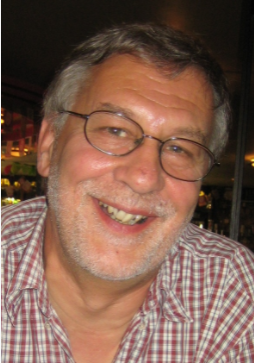
In addition to his research work on sustainable drainage systems, Dick has published several papers on how to embed sustainability into mainstream engineering education. This starts with challenging the traditional reductionist mindset of engineers to embrace wider issues through a complex systems approach, and to develop graduates as suitably equipped 'change agents' for sustainability in their respective sectors.
However, this was not a prescriptive approach to finding the ‘right’ answer to a problem. Dick encourages engineers to ask a wider set of questions from which sustainable solutions can emerge, each specific to the individual context and circumstances.
More details on the MPhil in Engineering for Sustainable Development can be found on their website:
Updated: July 2021
Communicating and inspiring a better world - Dr Ken Yeang (alumnus, Hon. Fellow)
Ken Yeang is an alumnus and Honorary Fellow of Wolfson College, where he obtained his doctorate in ecological architecture and planning (1971). During his career as both an architect and ecologist, Ken has developed an authentic, innovative and ecology based eco-architecture with distinctive verdant green aesthetic.
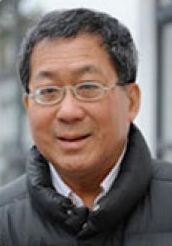
A thought leader in the field, Ken shared his observations at the recent ASEAN Emerging Researchers Conference (AERC), which focused on how to design a resilient planet. His keynote address, entitled 'Ecotopia' (longer version linked below), focused on the importance of the bio-integration of the man-made, manufactured environment into the natural biosphere. This year's AERC was jointly organised jointly by the S&C Hub, bringing together expertise from Wolfson and the wider Southeast-Asian diaspora. By sharing his experience as an eco-architect, Ken is helping to initiate discussions, stimulate research and expand knowledge on building a more sustainable world.
Updated: July 2021
Sustainable masonry construction -
Dr. Mark Key (alumnus)
Mark wrote a book titled Sustainable Masonry Construction, which was based on his IDBE thesis. His book is as an important reference material for the masonry sector in the UK, with most of the research undertaken while Mark was studying at Wolfson, and even utilising the Wolfson estate!
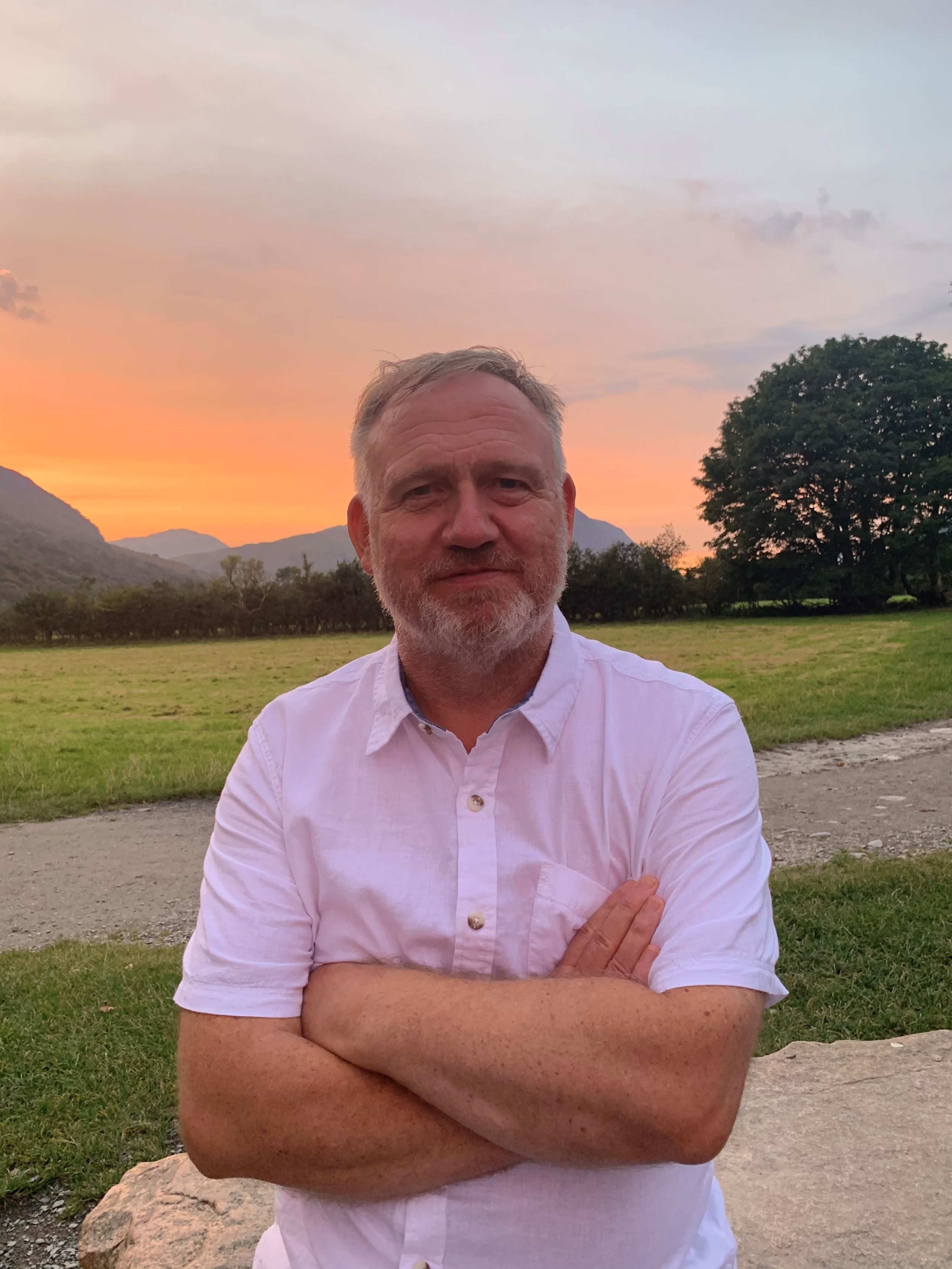
The book looks at ways in which the masonry sector can reduce its impact on the environment both in terms of the manufacture of materials such as cement, and the construction of buildings. This book works to improve work practices, reducing their manufacturing and construction impact on the natural environment.
A copy of Mark's book is available from the S&C Hub Library Collection, hosted by the Wolfson Library.
Lucky for us, Mark is currently writing a second book - examining gaps in building standards around the world, to drive sustainable development.
Updated: July 2021
Designing and Building a Better World -
Dr Hui Ben (alumnus)
Hui studied for an MRes and PhD in Sustainable Architecture at Wolfson, graduating 2019. She is passionate about sustainability in the built environment, with a strong desire to contribute towards tackling climate change.
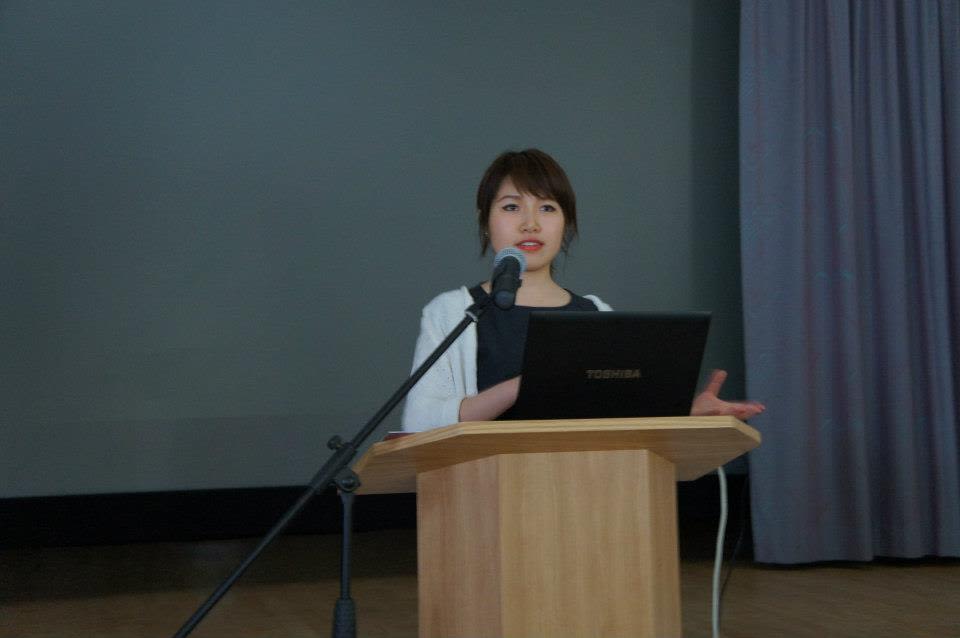
Hui’s research explored the interplay between an occupants behaviour, their comfort, and their energy consumption. Her research led to more effective design of retrofits for low energy built environments and energy policy, developing building archetypes that were based on behavioural patterns and a buildings physical characteristics.
A change in heating management (behavioural change) has been observed in Wolfson College since Hui’s first research output. Hui presented on this topic at a Wolfson Research Event 2019, which led to further research citations, as well as further talks.
The impact from Hui’s research is accelerating worldwide low/zero energy practices and energy retrofit of the built environment.
Updated: July 2021
Research on the history design and performance of historic low-energy solutions - Prof. Henrik Schoenefeldt (alumnus)
The Houses of Parliament in London, erected between 1835 and 1860, were designed to be ventilated and climatically controlled without the use air conditioning, through the use of low-energy solutions. Henrik's research investigated the history, design and performance of these historic solutions, while also exploring how they could be re-utilised in order to reduce carbon emissions in conjunction with a major restoration programme.
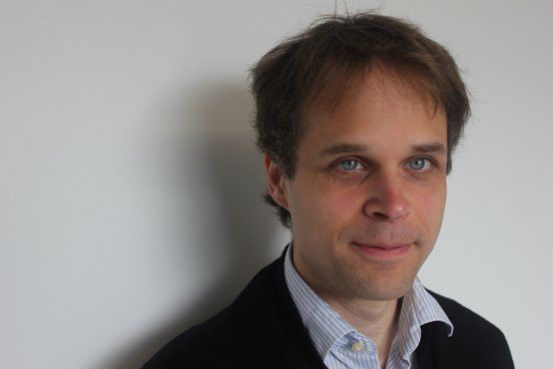
His was the first study to systematically examine the design, history and effectiveness of climate control and ventilation principles of the nineteenth century. This research combined archival research with technical analysis and ‘archeological’ investigations of the building itself, while offering Henrik the rare opportunity for an academic to be directly involved in a real-life project.
Henrik's project yielded three types of outputs:
Publications on research into the history, design and performance of buildings in the nineteenth-century, detailed in Rebuilding the Houses of Parliament.
Technical reports for dissemination of research amongst the involved architects, engineers and surveyors, and a contribution to a new conservation management plans and policies for the restoration.
Development of design solutions for the re-use of the historic system infrastructure.
Updated: July 2021
The drive towards zero carbon buildings - Professor John French (Fellow)
Professor John French studied for his PHd at Wolfson College some 35 years ago, but still views Wolfson from a student's perspective.
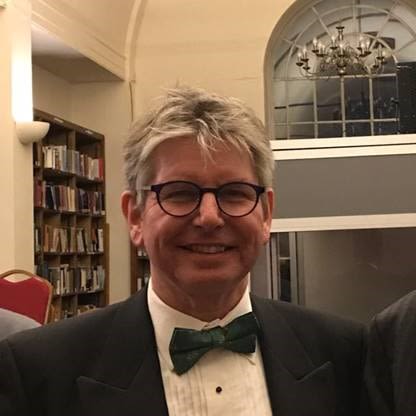
When studying Applied Biology, John was already extremely passionate about conservation, natural history and climate change – even back in the 1980’s.
John is very happy and excited about the energy and new drive for sustainability and conservation that the Hub is bringing - by adding new momentum to one of the most important issues globally.
John's current work is very focussed on getting buildings to zero carbon:
There is a fascination around the definition of a zero carbon community: what organisational changes will be required to reach ambitious carbon zero targets?
John's current list of projects include the deep and sustainable retrofit of 1 Regent Street in central Cambridge, which is to become the new headquarters for CISL. The plans are for this retrofit to be as close to zero carbon as is currently possible, and is currently one of the most challenging projects in the UK.
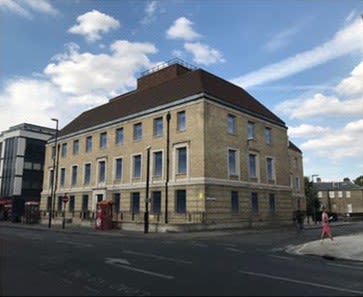
The Entopia Building. The UK’s first deep sustainable retrofitUniversity of Cambridge Institute for Sustainability Leadership
The Entopia Building. The UK’s first deep sustainable retrofitUniversity of Cambridge Institute for Sustainability Leadership
The University of Cambridge are learning lessons from this project - to apply to the wider University.
The City Council are following this project closely, as Cambridge is set to become an exemplar City in the future.
Go back to the S&C Stories homepage

Sustainability and Conservation Hub
@ Wolfson
The Wolfson College Sustainability & Conservation Interdisciplinary Research Hub brings together our international Fellows, students and others to inform and educate, to improve our understanding, and generate impactful solutions to fight the destruction of the natural world.
Share this webpage with anyone who might have a S&C story to share (keep scrolling for form), or click the Facebook or Twitter buttons in the header, or share the form directly: https://wolfsoncollegecam.wufoo.com/forms/zmhj1hp1wn4iw4/
See our latest events and activities on our Hub website, and join our group on Wolfson Connect (available for all alumni and members) for updates.
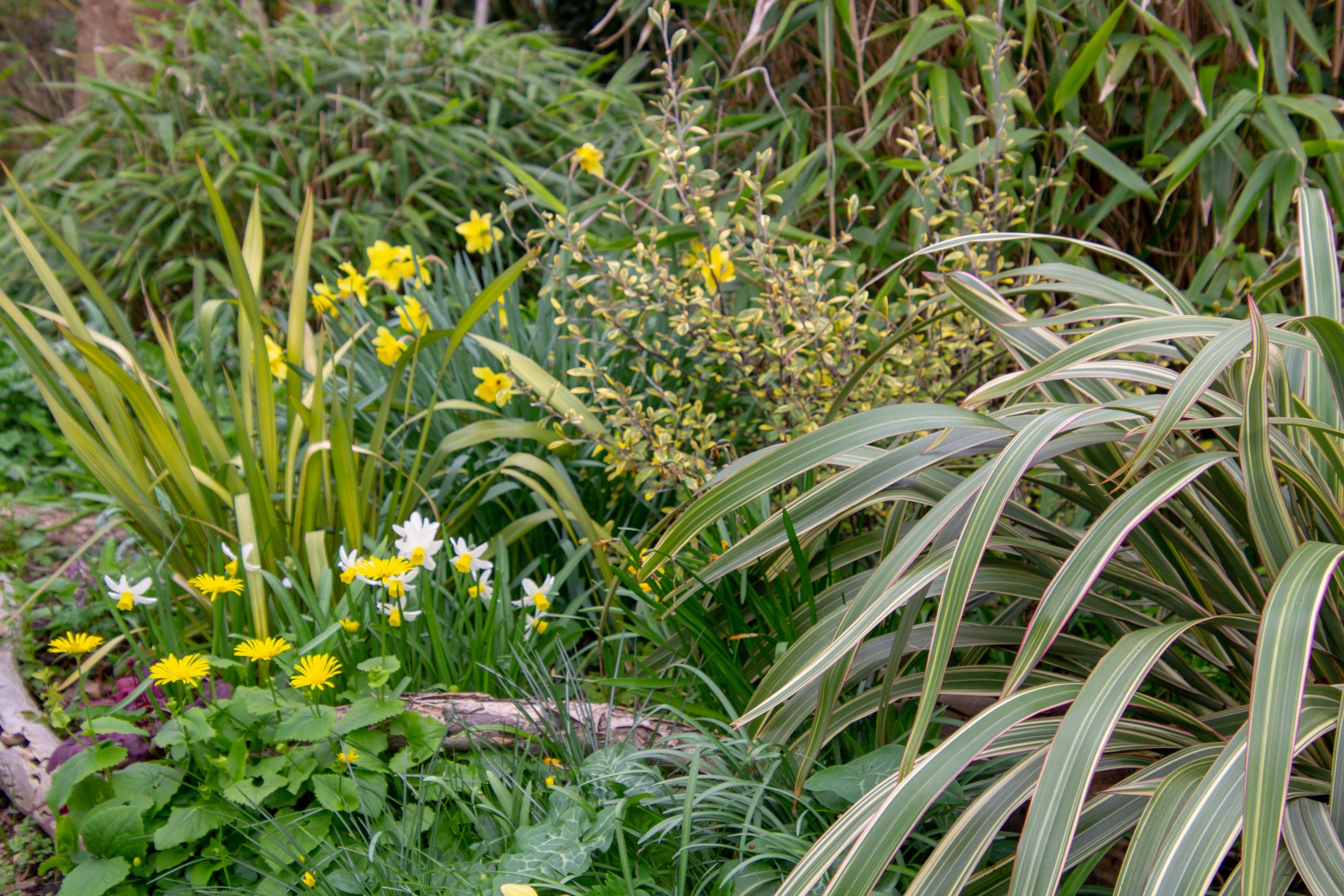
If you would like to see your journey represented...

Copyright 2018 Wolfson College, Barton Road, Cambridge CB3 9BB Tel: +44 (0)1223 335900 | Registered Charity Number 1138143 | VAT Registration Number 195 8858 32
